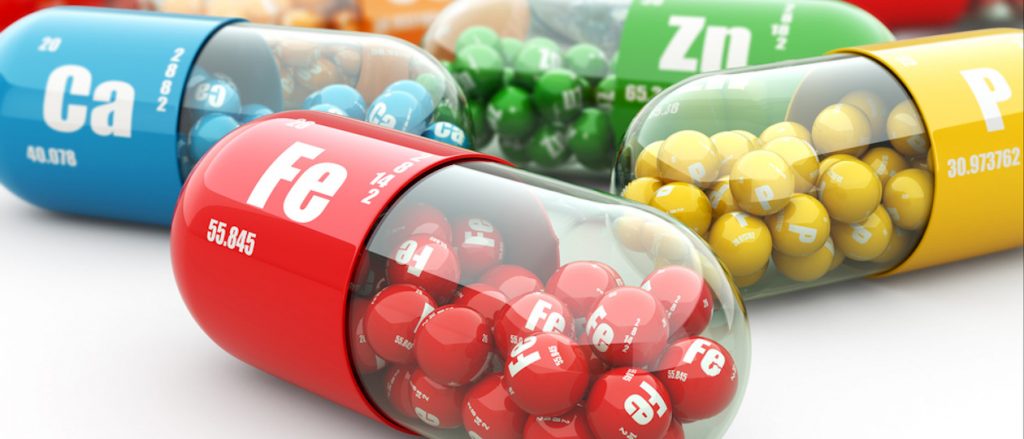What are food supplements?
Food supplements are products that are intended to supplement the diet and provide nutrients that may be missing or in insufficient quantities in a person’s diet. These nutrients can include vitamins, minerals, amino acids, enzymes, and other substances. Food supplements come in many forms, including pills, capsules, powders, and liquids.
They can be made from natural or synthetic ingredients and are available without a prescription. They are good but could result in problems if not appropriately used. There are dangers in misusing food supplements.
Food safety knowledge is for all!

Every consumer deserves to have high quality and safe food. …Read more!

Food supplements are used for many different reasons, such as to improve overall health, to treat specific health conditions, to support athletic performance, or to help with weight loss. Some people use food supplements to prevent nutrient deficiencies, while others use them to boost their intake of specific nutrients, such as antioxidants or omega-3 fatty acids.
It’s important to note that supplements should not be used as a substitute for a healthy diet and lifestyle.
They are not intended to diagnose, treat, cure, or prevent any disease. It’s always best to consult with a healthcare professional before taking any supplements, particularly if you have an underlying medical condition or are taking any medications.

Why are food supplements important?
Supplements can be important for several reasons, including:
- Nutrient deficiencies: Some people may not be able to get all of the nutrients they need from their diet alone, and supplements can help fill in those gaps. For example, older adults may not absorb vitamins B12 and D as well as younger adults, so they may need to take supplements to meet their needs.
- Health conditions: Some health conditions can affect nutrient absorption or increase the body’s need for certain nutrients. For example, people with celiac disease or Crohn’s disease may need to take supplements to meet their nutrient needs.
- Athletic performance: Athletes and physically active individuals may need additional amounts of certain nutrients, such as protein, to support their training and recovery.
- Convenience: Supplements can be a convenient way to get specific nutrients without having to eat a lot of certain foods. For example, taking a fish oil supplement can provide omega-3 fatty acids without having to eat a lot of fish.
- Preventing chronic diseases: Some supplements have been found to help in reducing the risk of chronic diseases such as heart disease, cancer, osteoporosis and cognitive decline.
It’s important to note that supplements should not be used as a substitute for a healthy diet and lifestyle. They should be used in addition to a balanced diet and regular exercise. Consult with a healthcare professional before taking any supplements, particularly if you have an underlying medical condition or are taking any medications.
It’s also important to be aware of the recommended daily allowance (RDA) for each nutrient, and not to exceed it.
Dangers of misusing food supplements
There are dangers in misusing supplements. Misusing supplements can be dangerous and can have serious health consequences. Some of the dangers of misusing supplements include:
- Overdosing: Taking too much of a certain supplement can lead to an overdose, which can cause serious side effects. For example, taking too much vitamin A can cause liver damage, while taking too much iron can cause nausea, vomiting, and even organ failure.
- Interactions with medications: Some supplements can interact with certain medications, either making them less effective or increasing the risk of side effects. For example, vitamin K can interfere with blood-thinning medications, such as warfarin, while St. John’s Wort can interact with antidepressants.
- Allergic reactions: Some people may have an allergic reaction to a certain ingredient in a supplement, which can cause symptoms such as hives, itching, or difficulty breathing.
- Contamination: Supplements may not be regulated as strictly as drugs, and therefore may be contaminated with harmful substances. For example, some supplements have been found to contain heavy metals or prescription drugs.
- False claims: Some supplements may be marketed as “miracle” cures, but they may not be backed by scientific evidence. These false claims can lead to people spending money on products that don’t work and can also delay people getting proper medical attention.
- Cause disease: Supplements can also lead to liver and kidney damage, high blood pressure, heart palpitations, and even death.

It’s important to consult with a healthcare professional before taking any supplements, particularly if you have an underlying medical condition or are taking any medications. Also, it’s important to choose supplements from reputable sources and stick to the recommended dosages. It’s also important to be aware of the FDA warning and recalls of any supplements that may be harmful.
Our Blog ↗
Read the latest from our blog
Ask a Question ↗
Ask a question and get answers from our community
Give Feedback ↗
We value your feedback.

